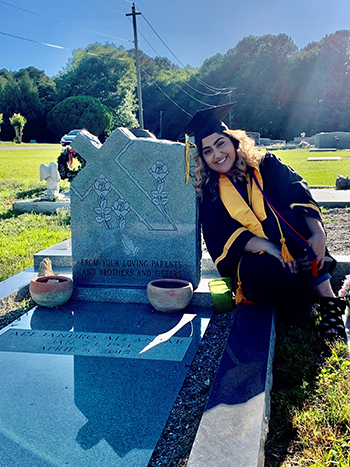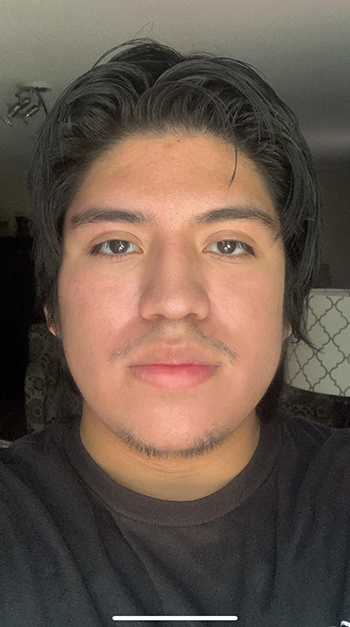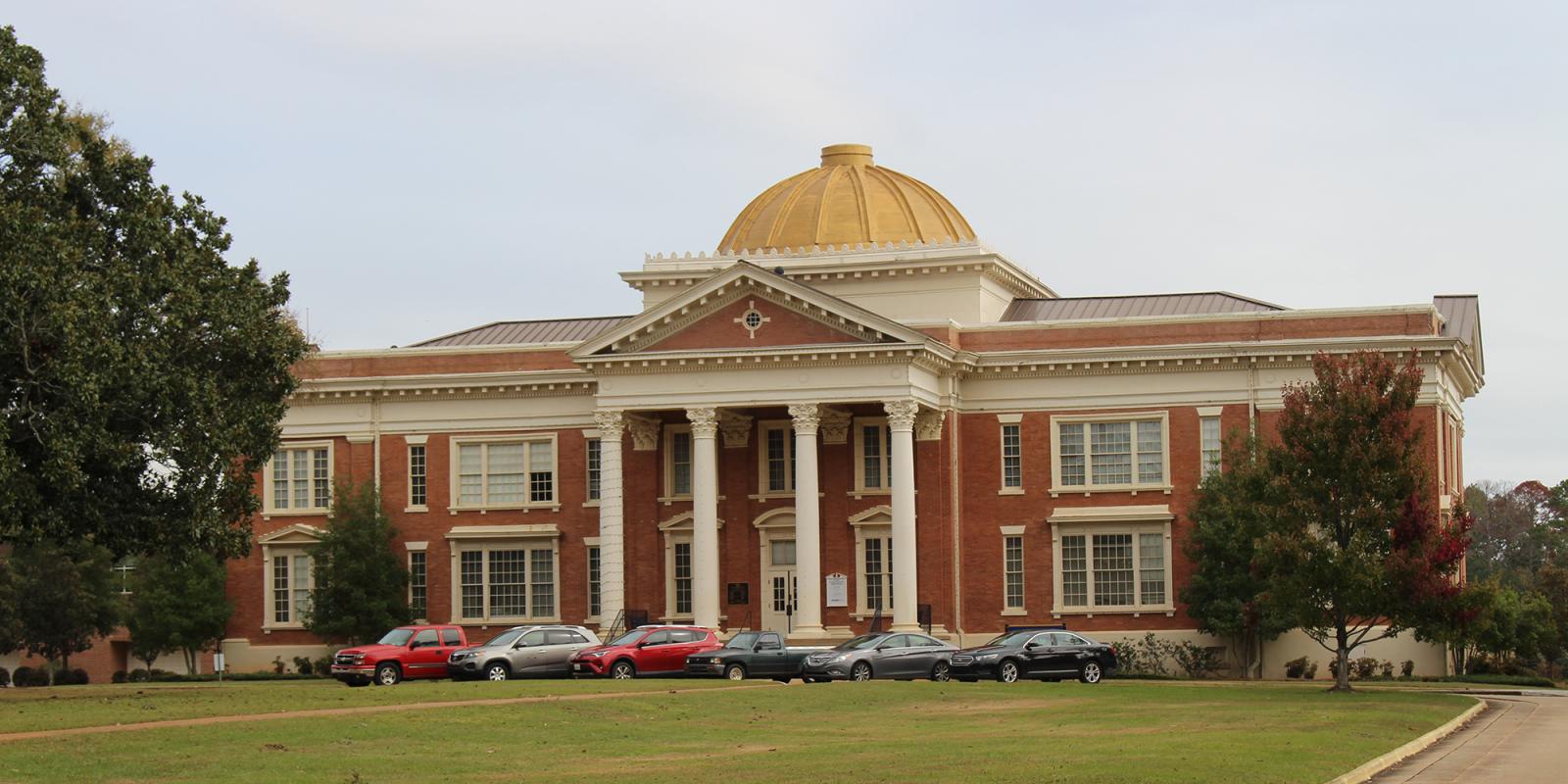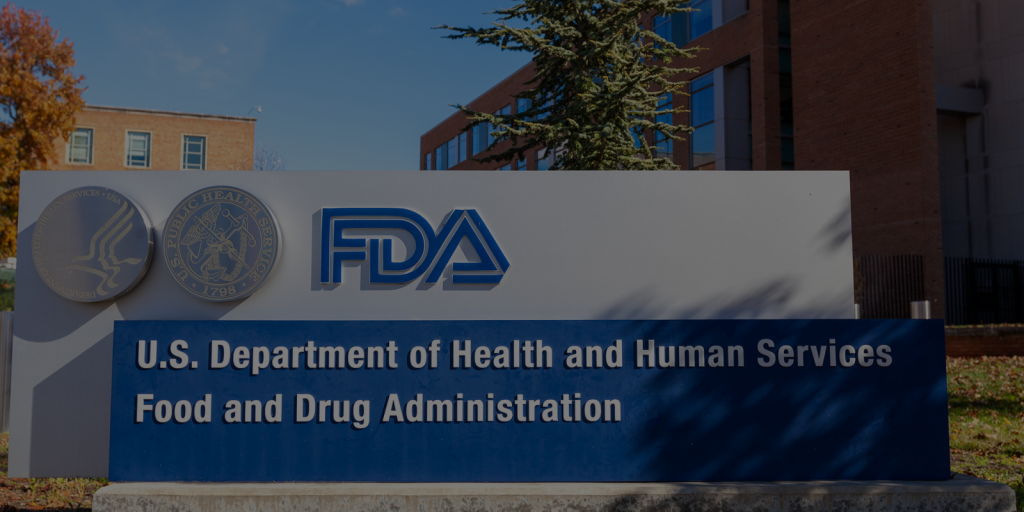Family caregiving at a young age can take a toll—physically, emotionally and on school performance. Yet often it fuels inspiration. Cognizant of this dichotomy, the Rosalynn Carter Institute for Caregiving (RCI) doles out college scholarships to students who acted as family caregivers in their youth, particularly if that caregiving inspired their future career path. Scholarships are for continued study at Georgia Southwestern State University (GSW), Rosalynn Carter’s alma mater in Americus, Ga.
Generations Today interviewed two of the 2021 recipients of RCI’s John and Betty Pope Caregivers Scholarship, which encourages students to explore career opportunities in the care economy, and bring strengths and skills developed during personal caregiving to experiences in other fields.
Isabel Alcantar, 20

Isabel Alcantar graduated in 2019 from high school in Fort Valley, Ga., and is now a junior at GSW, studying nursing. When Isabel was 10 her grandmother was first diagnosed with cirrhosis of the liver from a Hepatitis C infection and was in and out of the hospital. Three years later Isabel’s father was diagnosed with cirrhosis (due to alcoholism) and told he had at most three years to live.
He had worked out of state as a construction worker, but then became too sick to work and returned home. Isabel was 13. Her father was bedridden and in and out of the hospital, as he required ‘round the clock care. Eventually he ended up on hospice, and died in April 2015, just before Isabel’s 14th birthday. Then her grandmother became severely ill.
Isabel’s mother worked down the street on the night shift at a convenience store, so Isabel was on duty before and after school, feeding, toileting and helping her grandmother to walk, plus feeding her siblings and doing other housework. Her grandmother died later that year in December.
‘You know the kid who’s the mother? I’m that kid.’
Isabel said she would lie in bed with her grandmother and do her homework, while also making sure her siblings did theirs. “You know the kid who’s the mother? I’m that kid,” she said.
Always a strong student, the caregiving didn’t impact her grades much, plus her mother had informed the school about her situation so she was mandated to attend counseling. As for her social life, she saw her friends at school, she said, but also spent a lot of time with extended family.
Her take on the entire experience is quite positive, as although she grew up fast and the two situations were a constant stress, she said the fact that she had been through the caregiving experience had a motivating effect.
“My dad always told me I had to be the top person in my grade, and I think I graduated sixth in my class. It motivated me to do better.”
GSW is only an hour from home for Isabel, and she started there in the Jimmy Carter leadership program, which is all about service, she said. Soon she connected with the Lillian Carter nursing rehabilitation center and volunteered there with a friend. They would paint older residents’ nails once a week, and “we’d throw parties for them, play music from the 1980s and they’d all dance with us,” Isabel said.
“It felt like that was connected to my grandmother and father, just helping the community.”
Now Isabel studies nursing in an accelerated program and hopes to become an RN specializing in pediatrics, labor and delivery. But she’ll be happy anywhere in the healthcare field, she said, as long as she’s helping people.
“I had an internship last spring working in a nurse practitioner’s office, and had lots of fun giving flu tests, strep tests, COVID tests, seeing kids come in and giving them lollipops, laughing—it was a really great experience. Giving diagnoses is my favorite part.”
Jefferson Ramseur, 23

Jefferson (Jeff) Ramseur received his GED in 2016 and is working toward an undergraduate degree in psychology at GSW. His grandfather had kidney disease and diabetes as well as related memory issues.
“My grandfather had dealt with alcoholism and the damage to his body was bad,” Jeff said. His health declined rapidly while he was on dialysis, and his leg had to be amputated below the knee. He lived with Jeff’s grandmother, two and a half hours from Jeff and his parents. Jeff decided he would commute to his grandparent’s house to give his grandmother a respite from caregiving. He was 17 at the time.
He made the commute each weekend for six to seven months until his grandfather’s death. “It affected my school quite a bit,” he said. “On top of normal teen stuff, I was anxious about how she was feeling about his health. He really declined rapidly. He had been a big, boisterous, funny guy, always with a story to tell. So to see him go from that to being slow, weak and having trouble forming sentences—it affected me a lot more than I let on,” Jeff said.
“I was constantly anxious, it was tough to focus in class because I always wanted to call her to see how she was doing.”
Thankfully Jeff had a supportive group of friends, and remains very glad he spent the time helping his grandmother. He continues to check in on her after his grandfather’s death, to ensure she “didn’t get into a big depression.” Jeff’s grandparents had been married for 54 years.
‘I want to be in caregiving, to help families transition to a caregiving mindset, to help them figure out what to do.’
Jeff may have inherited his caregiving gene as he comes from a family of paid caregivers. His mother has been an ER nurse since 1990 and a nurse practitioner for the past 10 years, and has always been a big influence. His grandmother had been a secretary in a physician’s office, and his father switched careers in his 40s and is now an X-ray technician. His sister works at an adult treatment center for people with mental health and substance abuse issues.
Now Jeff works there as well, charting people’s behavior, interactions with others and figuring out what obstacles might be preventing them from achieving their recovery goals or taking their prescriptions.
This year he will graduate from GSW with a BS in psychology. He chose the subject due to its flexibility, and plans to remain in the healthcare field, likely working in an adult treatment facility.
“I want to be in caregiving, to help families transition to a caregiving mindset, to help them figure out what to do, what not to do, how to talk to doctors and how to manage their care.”
Jeff said the scholarship has helped him to expand his opportunities with caregiving, and to gain a foothold in the caregiving experience and be able to interact professionally in that field.
“It’s a field that doesn’t get much attention but is very needed,” Jeff said. “The scholarship has helped me to find out what I would want to do with my career going forward.”
Click here for information on the Pope Caregivers Scholarship.













